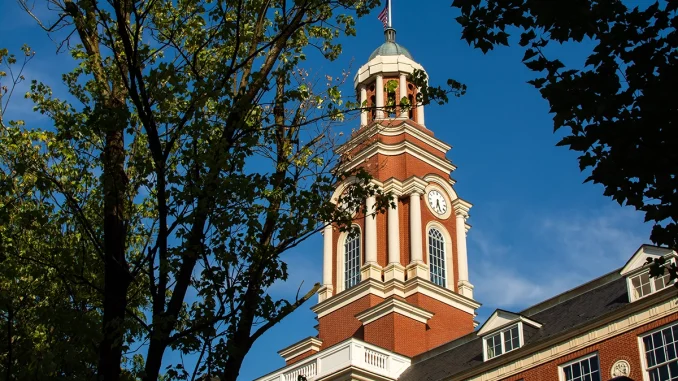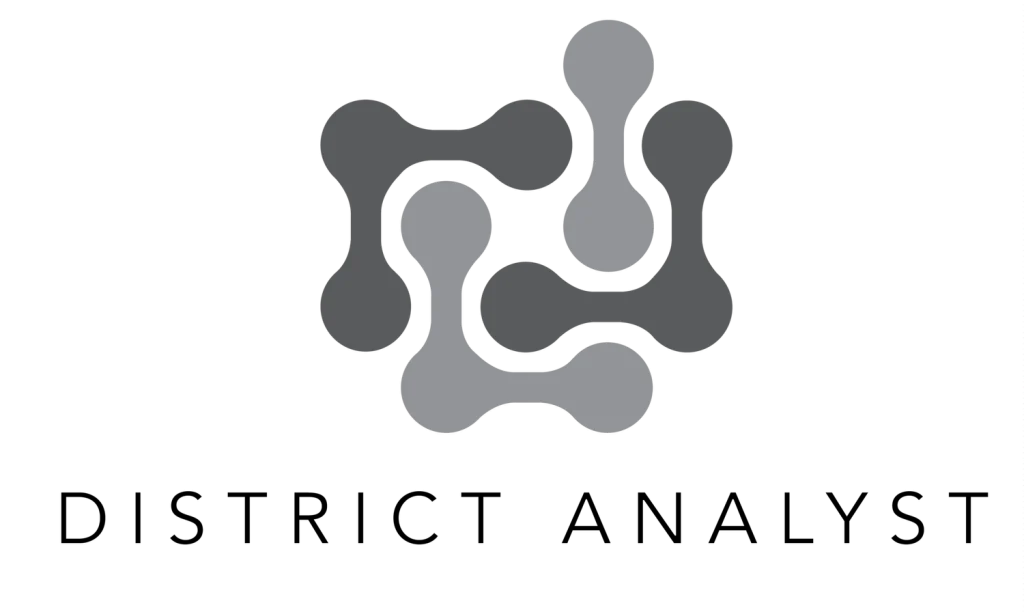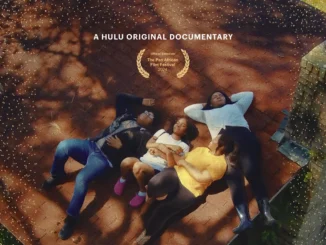
By Germar Reed
There is a line I can’t shake: “If you give a man the power to feed you, you’ve given him the power to starve you.”
For much of our history, we knew this. When Black families were locked out of schools, we built our own. When banks denied us loans, we formed credit unions. When hospitals closed their doors, we trained our own doctors and nurses. Out of necessity, we built, and those institutions became the pillars that held us upright.
But somewhere along the way, we forgot.
We began to believe the promises of “inclusion.” We traded the rigid discipline of owning for the comfort of access. We started to seek funding from the very institutions that had once locked us out, convinced that resources from the outside could build us up on the inside. And in that exchange, subtle and quiet at first, we gave away something far more valuable than dollars; we gave away sovereignty.
Now look around. We live in a time when political tides openly turn against institutions that once seemed immovable, such as public schools, libraries, universities, and even democracy itself. Defunding is not a whisper; it is a strategy. It is a weapon. And as those institutions shake, we realize too late that we tied our survival to the hands of others.
That was our mistake.
Because we were strongest when we remembered that family and community are our first and most enduring institutions. It was never just about education or finance or healthcare; it was about ownership. Ownership gave us resilience. Ownership gave us pride. Ownership meant that no one could starve us because no one else held the keys to our kitchen.
Think back to the Freedmen’s Bank. In 1865, it was established to help newly freed Black men and women save their earnings and build wealth. For a time, it worked. But when white managers misused funds, the bank collapsed, wiping out the life savings of thousands of Black families. The lesson was brutal but clear: without control, we were always vulnerable.
Or think of our HBCUs. These schools were built from nothing, bricks laid by hand, funds raised from church offerings, and nickels pooled by maids and sharecroppers. They became fountains of genius. And yet, over time, we sought corporate sponsorships and government aid, not just as support but as lifelines. And when those spigots tighten, the very survival of our schools trembles.
We turned away from what made us strong: the sacrifice of many, the ownership of all.
This is not nostalgia. This is not a call to reject progress. It is a reminder that the moment we stopped building for ourselves, we placed our fate in the hands of others. And those hands, history shows us, will always serve themselves first.
We are at another crossroads. The politics of the day are clear: the institutions we thought were permanent are being hollowed out, brick by brick. If we are wise, we won’t stand by and wring our hands. We will remember who we were. Builders. Founders. Owners.
The truth is, no government can defund a family. No politician can shut down a community that feeds itself. No vote in Congress can erase an institution that is owned by the very people it serves.
And so the work ahead is not glamorous, but it is sacred: rebuild the institutions that belong to us. The Saturday schools. The family-owned banks. The neighborhood clinics. The co-ops. The churches that once served as more than Sunday morning performance halls, but as war rooms of strategy and vision.
We must return to them not as symbols, but as lifelines.
Because the ultimate deception is thinking that politics decides our fate. It does not. The true power has always been in the same place it was 100 years ago: in our homes, in our communities, in the institutions we own and control.
We can choose again. We can decide that the next dollar we spend is an investment in sovereignty, not dependency. We can teach our children that freedom is not given; it is maintained. And we can leave behind something far more durable than money, the vessel strong enough to carry it.
“If you give a man the power to feed you, you’ve given him the power to starve you.” We learned that once. We forgot it. It is time to remember.

Germar Reed
Founding Partner
District Analyst
M: (252) 258-8195

www.districtanalyst.com
601 I Street NW | Washington D.C. | 20001






